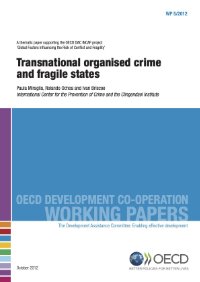By Victoria Dittmar and Parker Asmann
The expansion of illegal cattle ranching is threatening nature reserves in Nicaragua, Honduras and Guatemala. This activity provokes staggering levels of deforestation, irreversible environmental degradation and violence towards Indigenous communities, all while fueling a criminal market that generates millions of dollars in proceeds. A portion of these cattle are smuggled into Mexico, where they either feed the domestic demand for meat or are mixed with beef exports sent to the United States and other countries. This report, produced by InSight Crime, follows the cattle trafficking chain from Central America to Mexico and provides an overview of how this illicit market works. It estimates the size and scope of the industry, highlights illegal ranching hotspots and smuggling routes, identifies the main actors involved in the value chain, analyzes where and how this activity overlaps with other criminal economies, and offers recommendations for governments to tackle the issue. The findings are based on a 14-month investigation that included desktop research, telephone and in-person interviews, and fieldwork in the Mexican states of Veracruz, Tabasco, and Chiapas, the Río Plátano Reserve in Honduras and the Maya Biosphere Reserve in Guatemala. Our sources include international, national and local authorities, cattle ranchers and cattle union leaders, former contraband cattle buyers, veterinarians, Indigenous leaders, park rangers, residents of the nature reserves, environmental activists and academic experts. Most of them asked to remain anonymous for their protection. We also reviewed official government data, studies conducted by academics nd non-governmental organizations, and press reports.
Washington, DC: InSight Crime, 2022. 68p.





















